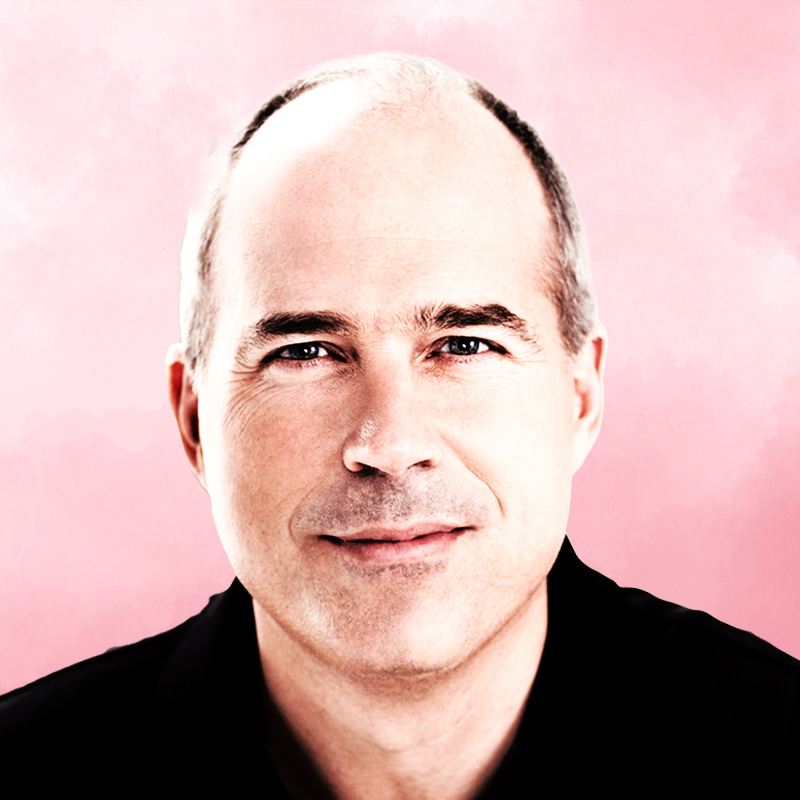Stephane Germain is founder and president of GHGSat, which operates the world’s leading constellation of greenhouse-gas-monitoring space satellites. The company works with industries to to better measure and control greenhouse gas emissions; its satellites helped authorities spot a methane leak in England that was finally stopped in 2023.
What is the single most important action you think the public, or a specific company or government, needs to take in the next year to advance the climate agenda?
The world needs significant, quick wins to limit global warming. Eliminating flaring and venting from oil and gas operations is one such quick win, representing almost 500 million tons of carbon dioxide emissions per year, and oil companies around the world are largely responsible. They know who they are, they know where the opportunities are. Money is a driver: Companies have to make more money by fixing their flaring and venting than from leaving them as they are. The technology exists today, and I am optimistic that various funding mechanisms will finally tip the balance this year towards large-scale action.
What sustainability effort do you hope will gain popularity with the general public this year, and why?
We must track carbon like we track sugar intake. We know we should, but we don’t do it most of the time. We have guilty pleasures (like travel for carbon, or chocolate for sugar). If every purchase decision we made came with a label, like we have for sugar on food products, we could all make informed choices. Ultimately, we could even track purchase patterns worldwide to understand what choices have the greatest impact, and decide more effectively where to invest to accelerate change.
What is a climate technology that isn’t getting the attention or funding it deserves?
What gets measured gets managed. I think much more attention needs to be placed on independent measurement, reporting, and verification technologies. We already know that in oil and gas, self-reported emissions are typically lower than independently measured emissions, and that the largest self-reported sources of emissions are different than the largest independently measured sources. That in turn means that millions of dollars gets invested in the wrong solutions. Independent, global monitoring of emissions is critical to the fight against climate change.
- The 100 Most Influential People of 2024
- How Far Trump Would Go
- Why Maternity Care Is Underpaid
- Scenes From Pro-Palestinian Encampments Across U.S. Universities
- Saving Seconds Is Better Than Hours
- Why Your Breakfast Should Start with a Vegetable
- Welcome to the Golden Age of Ryan Gosling
- Want Weekly Recs on What to Watch, Read, and More? Sign Up for Worth Your Time
